ALEXANDRIA, Va., U.S.: Tooth loss affects many people around the world. While implant treatment is the current standard of care, bioengineering may one day replace it. In the September issue of the Journal of Dental Research, two separate papers on this have been published, one investigated new methods to create highly cellularized bioengineered tooth bud constructs, while the other focused on the use of bone marrow to innervate bioengineered teeth.
The first study, titled “Bioengineered tooth buds exhibit features of natural tooth buds,” was led by Prof. Pamela Yelick from the Department of Orthodontics at Tufts University School of Dental Medicine, Boston. Yelick and her colleagues investigated how to create highly cellularized bioengineered tooth buds such that they include features that resemble natural tooth buds, such as the dental epithelial stem cell niche, enamel knot signaling centers, transient amplifying cells and mineralized dental tissue formation.
According to reports, this is the first study to describe the use of postnatal dental cells to create bioengineered tooth buds that exhibit evidence of these features of natural tooth development, pointing to the future of bioengineered tooth buds as a promising, clinically relevant tooth replacement therapy.
The second study, titled “Bone marrow stromal cells promote innervation of bioengineered teeth,” was led by Dr. Sabine Kuchler-Bopp from the Regenerative NanoMedicine unit affiliated with the French national institute of health and medical research and the University of Strasbourg, France. In it, Bopp and her team developed a method by which to use autologous bone marrow mesenchymal cells to innervate bioengineered teeth without treatment that uses an immunosuppressor.
Because innervation of teeth is essential for their function and protection, but does not occur spontaneously after injury, this new method provides that while avoiding multiple side effects associated with immunosuppressors.
Editor-in-Chief of the Journal of Dental Research Prof. William V. Giannobile said that the studies pointed to an exciting future for bioengineered teeth. “This cutting-edge research has the potential to advance tooth replacement therapy and the science base to bring such regenerative medicine treatments to improve clinical care.”
Tags:
YORK, UK: In new research, scientists have discovered that the diet of Mesolithic humans was much closer to the contemporary Mediterranean diet than first ...
NIJMEGEN, Netherlands: Being a mum is no easy job. The bigger the family, the less time there may be for self-care and things like oral health may become ...
LISMORE/MELBOURNE, Australia: Extended parental care is considered one of the hallmarks of human evolution. Through tooth chemistry analysis, scientists ...
BRUSSELS, Belgium: A white paper commissioned by the European Federation of Periodontology (EFP) has found that 4.9% of global healthcare expenditure goes ...
Dr Dympna Kavanagh is chief dental officer in Ireland’s Department of Health and chair of the Platform for Better Oral Health in Europe. A specialist in ...
At a time when venerable institutions in numerous countries, such as the UK’s National Health Service, are already setting up their own digital ecosystems...
COLUMBIA, S.C., US: Growing evidence continues to demonstrate the far-reaching impact of oral health on systemic well-being. Just recently, two new studies ...
NEW YORK, U.S.: In daily practice, the shade of a tooth’s surface guides practitioners’ decisions. In a free Dental Tribune Study Club webinar on ...
LONDON, England: Dental health in children remains a significant public health concern, and new data has underscored ongoing pressures on services. Recent ...
BURNABY, British Columbia, Canada: Aligners have become a popular treatment modality for malocclusion in adults, owing to their convenience and aesthetic ...
Live webinar
Tue. 3 March 2026
11:00 am EST (New York)
Dr. Omar Lugo Cirujano Maxilofacial
Live webinar
Tue. 3 March 2026
8:00 pm EST (New York)
Dr. Vasiliki Maseli DDS, MS, EdM
Live webinar
Wed. 4 March 2026
12:00 pm EST (New York)
Munther Sulieman LDS RCS (Eng) BDS (Lond) MSc PhD
Live webinar
Wed. 4 March 2026
1:00 pm EST (New York)
Live webinar
Fri. 6 March 2026
3:00 am EST (New York)
Live webinar
Tue. 10 March 2026
4:00 am EST (New York)
Assoc. Prof. Aaron Davis, Prof. Sarah Baker
Live webinar
Tue. 10 March 2026
8:00 pm EST (New York)
Dr. Vasiliki Maseli DDS, MS, EdM



 Austria / Österreich
Austria / Österreich
 Bosnia and Herzegovina / Босна и Херцеговина
Bosnia and Herzegovina / Босна и Херцеговина
 Bulgaria / България
Bulgaria / България
 Croatia / Hrvatska
Croatia / Hrvatska
 Czech Republic & Slovakia / Česká republika & Slovensko
Czech Republic & Slovakia / Česká republika & Slovensko
 France / France
France / France
 Germany / Deutschland
Germany / Deutschland
 Greece / ΕΛΛΑΔΑ
Greece / ΕΛΛΑΔΑ
 Hungary / Hungary
Hungary / Hungary
 Italy / Italia
Italy / Italia
 Netherlands / Nederland
Netherlands / Nederland
 Nordic / Nordic
Nordic / Nordic
 Poland / Polska
Poland / Polska
 Portugal / Portugal
Portugal / Portugal
 Romania & Moldova / România & Moldova
Romania & Moldova / România & Moldova
 Slovenia / Slovenija
Slovenia / Slovenija
 Serbia & Montenegro / Србија и Црна Гора
Serbia & Montenegro / Србија и Црна Гора
 Spain / España
Spain / España
 Switzerland / Schweiz
Switzerland / Schweiz
 Turkey / Türkiye
Turkey / Türkiye
 UK & Ireland / UK & Ireland
UK & Ireland / UK & Ireland
 Brazil / Brasil
Brazil / Brasil
 Canada / Canada
Canada / Canada
 Latin America / Latinoamérica
Latin America / Latinoamérica
 USA / USA
USA / USA
 China / 中国
China / 中国
 India / भारत गणराज्य
India / भारत गणराज्य
 Pakistan / Pākistān
Pakistan / Pākistān
 Vietnam / Việt Nam
Vietnam / Việt Nam
 ASEAN / ASEAN
ASEAN / ASEAN
 Israel / מְדִינַת יִשְׂרָאֵל
Israel / מְדִינַת יִשְׂרָאֵל
 Algeria, Morocco & Tunisia / الجزائر والمغرب وتونس
Algeria, Morocco & Tunisia / الجزائر والمغرب وتونس
 Middle East / Middle East
Middle East / Middle East
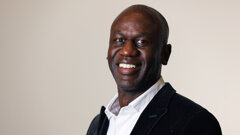

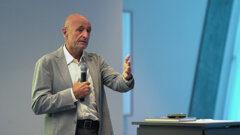
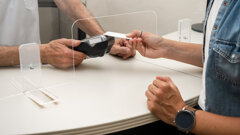

















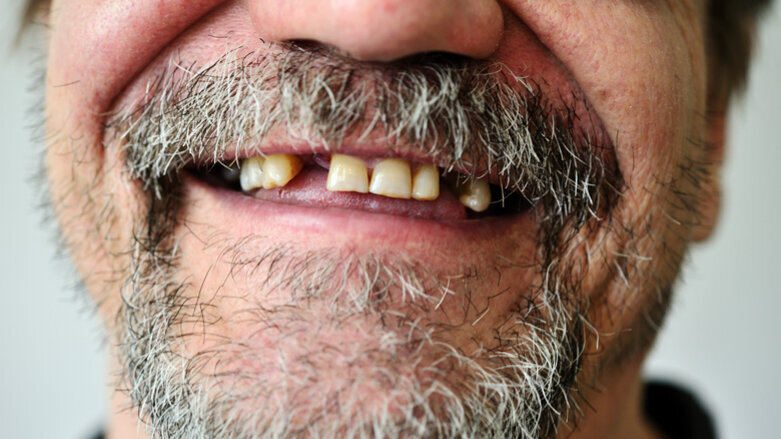





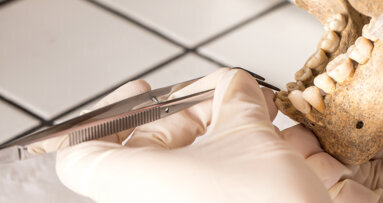
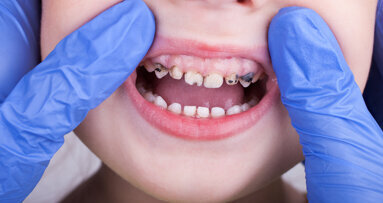

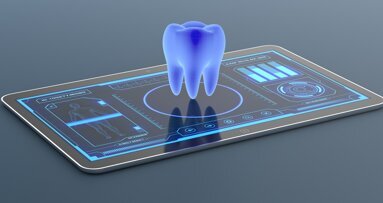











To post a reply please login or register